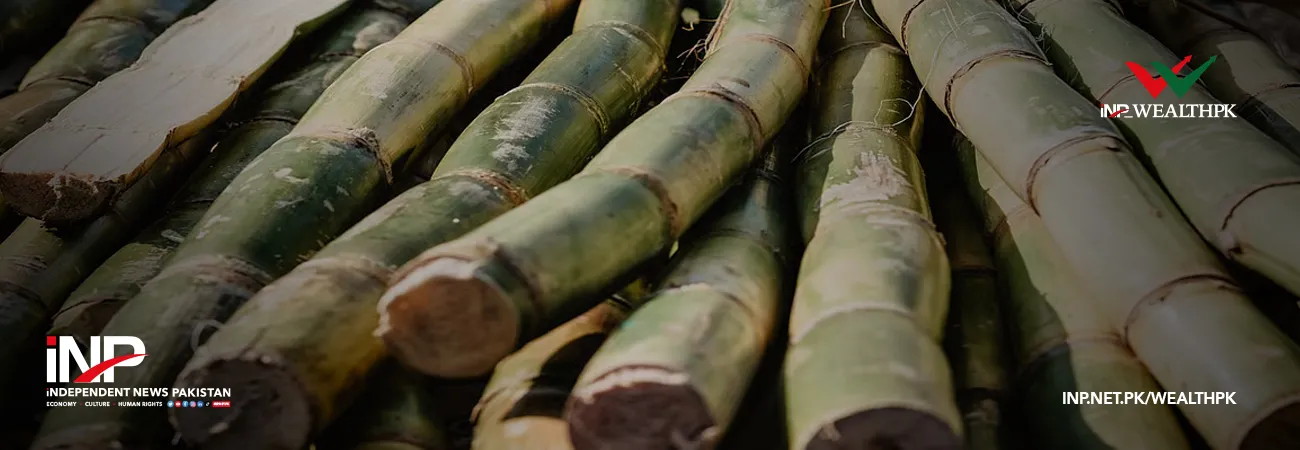INP-WealthPk
JEDDAH, Feb , 26 (INP): Saudi Arabia has been ranked second in the Arab region and 24th worldwide, up from last year’s 26th ranking, in the Global Soft Power Index 2021. According to Saudi Gazette’s report that the Kingdom has recorded an impressive 0.8-point increase in the governance pillar, with significant improvements in positive perceptions of its leaders, as well as views of being a safe and secure nation. Saudi Arabia, just behind the United Arab Emirates in the region, has an overall index score of 44.2 out of 100 as it celebrates improved scores across the familiarity (32nd), governance (27th) and culture & heritage (39th) metrics, reported Brand Finance, the world's leading independent brand valuation and strategy consultancy. Saudi Arabia has been taking leaps and bounds to improve perceptions of its general governance, from encouraging and promoting women’s sport — with the first women’s football league kicking off last year and holding the Saudi Ladies International golf event — to hosting the G20 Summit, albeit virtually due to the pandemic, the report said. As the first Arab state to host the G20, KSA assumed responsibility to promote and adhere to the G20 agenda, including commitment to the UN Sustainable Development Goals. The Kingdom is making headway on its Vision 2030 — its strategy to diversifying its economy to become a global investment powerhouse — and initiatives such as the Public Investment Fund are helping to drive this transformation, the report added. According to report that the commenting on the development, Andrew Campbell, managing director, Brand Finance Middle East, commented: “Saudi Arabia’s commitment to its Vision 2030 it a clear step in the nation’s journey toward diversifying its economy and showcasing its openness on the global stage, all while building on the nation’s top strengths and capabilities.” “Saudi Arabia’s homegrown brands are helping to spearhead this transformation across their relevant industries — from STC establishing a digital hub for the whole region, to accommodate future growth in the IT sector, SABIC developing programs to help the creation and development of small and local businesses, to Saudi Aramco sponsoring Future Investment Initiatives. Saudi Arabia is readily showcasing its position globally, and by hosting the G20 Summit last year, the nation will be hoping to build on this foundation to boost its soft power capabilities further in the coming years,” Campbell added. The 2021 index, which interviewed 77,000 respondents and over 750 specialists from 105 nations worldwide, was launched during the virtual Global Soft Power Summit that brought together policymakers, diplomats and experts including Hilary Clinton, former US Secretary of State, Professor Joseph Nye, soft power expert at Harvard University, Carl Bildt, former prime minister of Sweden, and George Yeo, foreign minister of Singapore. The index evaluated the familiarity and influence and global reputation of nations on the main pillars of international relations, business and trade, education and science, people and values, governance, and media and communication. The index also measured the COVID-19 response of governments in a newly-launched category. Globally, Germany has usurped the United States to become the world’s leading soft power superpower. With a Global Soft Power Index score of 62.2 out of 100, Germany has a clear 1.6-point lead over second-ranked Japan (60.6), and performs consistently across the Index’s 11 metrics, placing in the top five across nine of these, and ranking highest for statements in the International Relations, Governance, and Business & Trade pillars. Hailed as global success story in response to COVID-19, New Zealand is fastest-improving in ranking, climbing up to 16th. Traditional powerhouses — UK (3rd), France (7th), China (8th), Russia (13th), Italy (19th), Spain (22nd) — suffer amid poor pandemic responses.




